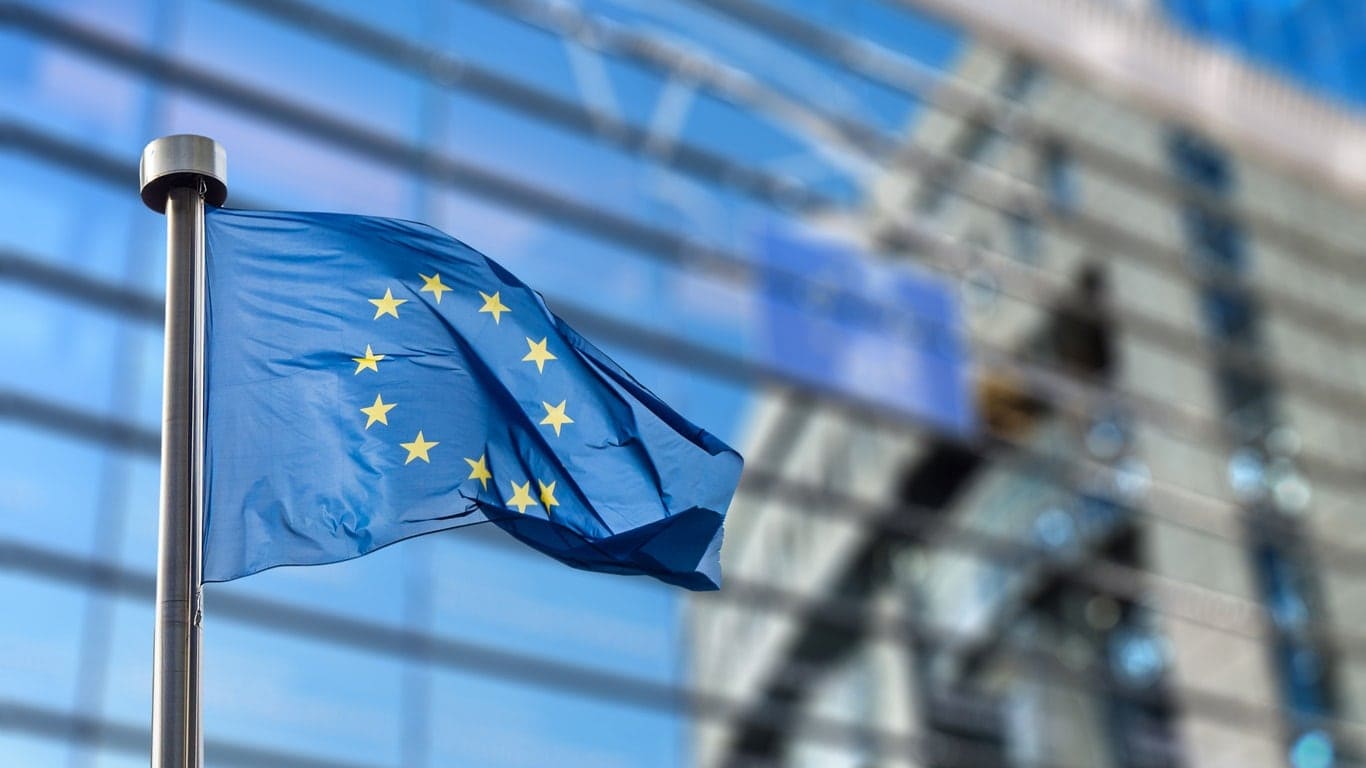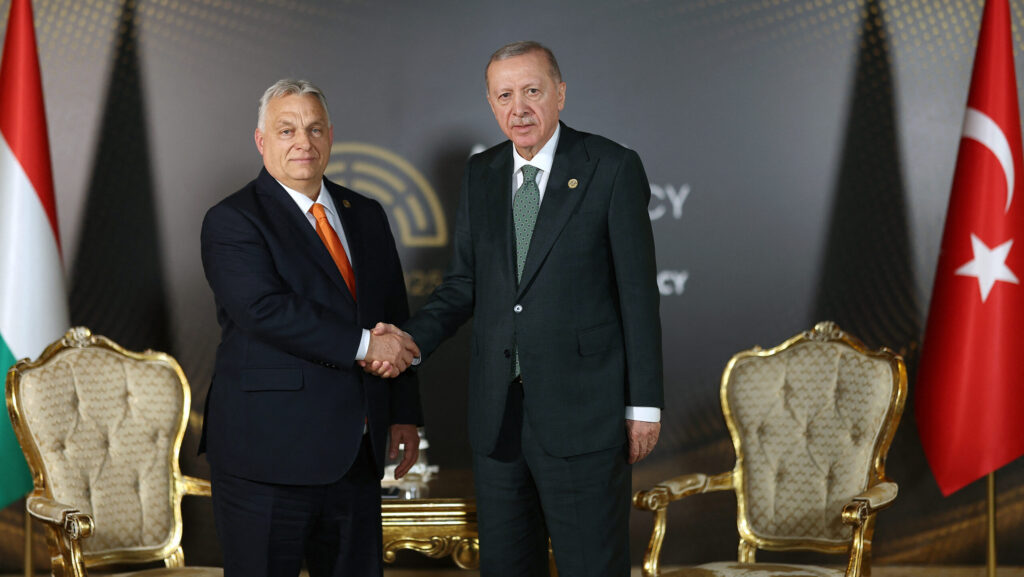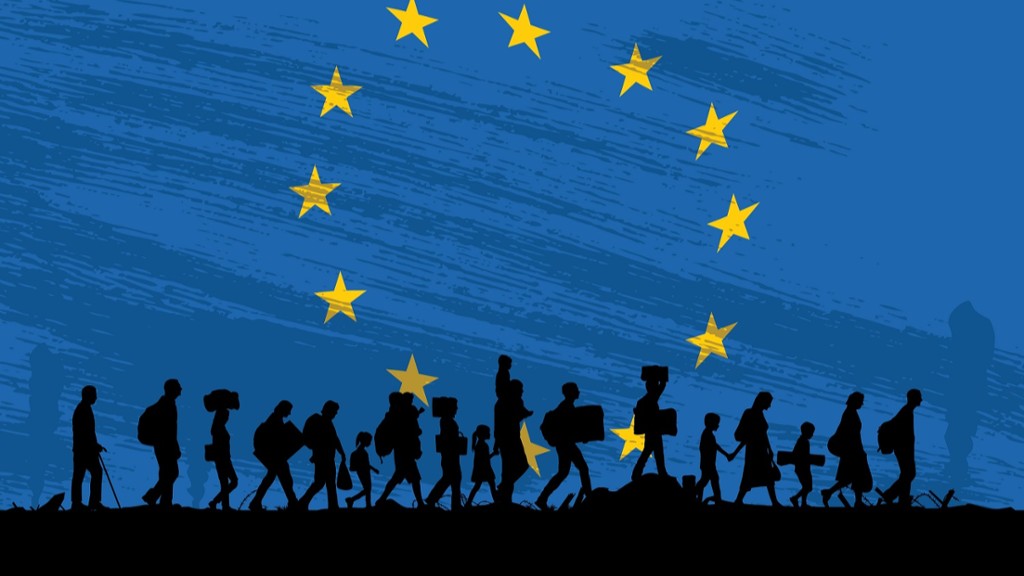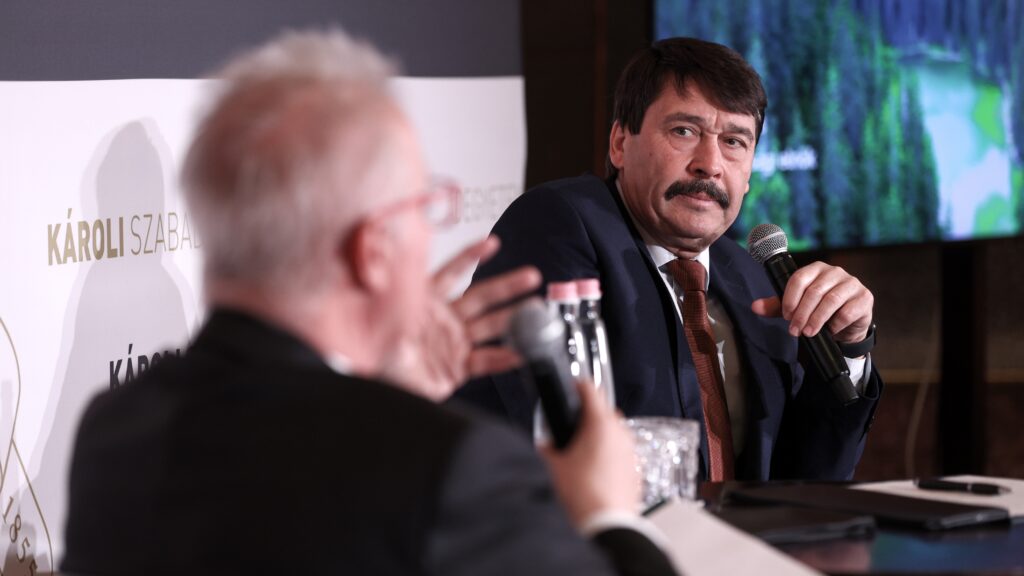- ‘ [ … ] to further strengthen prevention of any potential discrimination in the recruitment process, human resources professionals will participate in mandatory training on unconscious bias’;
- ‘[…] will foster best practices […] on how to put in place accessible legal gender recognition legislation and procedures based on the principle of self-determination and without age restriction’;
- ‘[ … ] all staff will be offered regular training on unconscious bias, […] including in intersection with other grounds of discrimination’;
- ’We will improve education and knowledge on the historical, cultural causes of racism. We will tackle unconscious bias that exists in people, institutions and even in algorithms.’
- ‘[…] the fight against discrimination on specific grounds and their intersections with other grounds of discrimination, […] is integrated into all [..] policies, legislation and funding programmes.’
- ‘The agency should also continue to gather and publish data on police attitudes towards minorities.’
- ‘Racism is often deeply embedded in our societies’ history, intertwined with its cultural roots and norms.’
- ‘An intersectional perspective deepens understanding of structural racism, and makes responses more effective […]’;
- ‘Dedicated awareness-raising actions for staff, such as staff events or articles, will be organised […] to mark key commemorative days linked to racism.’
- ‘The conflict between our values of equality and the reality of ingrained racism cannot be ignored: the global Black Lives Matter movement has acted as a stark reminder.’
- ‘This strategy will be implemented using intersectionality as a cross-cutting principle: […]’;
- ‘Discrimination is often multidimensional and only an intersectional approach can pave the way to sustainable and respectful changes in society.’
- ‘The inclusion of a gender perspective in all […] policies and processes is essential to reach the goal of gender equality.’
- ‘Women or men […] are heterogeneous categories including in relation to their sex, gender identity, gender expression or sex characteristics.’
A long string of quotes. Where do they come from? In-house training on diversity in Silicon Valley? Guidelines of an international NGO advocating for intersectionality? Or possibly compulsory inclusion charter of an Anglo-Saxon university?
No, all of these quotes come from official documents adopted by the European Commission in 2020. Namely: President von der Leyen’s first speech on the State of the Union, the LGBTIQ Strategy 2020–2025, the Gender Equality Strategy 2020–2025, and the EU’s Anti-racism Action Plan 2020–2025.
Unconscious bias, Western guilt, structural racism, a combination of different grounds of discrimination, an apologetic tone, and so forth; the Commission’s papers are rife with buzzwords that openly embrace ‘woke’ ideology and read more like intersectional manifestos than action reports.
The question is what the Commission’s role is? Is it to blithely embrace a specific and much-controverted ideology? I do not think so. In the first place, in Europe, ‘wokeness’ is far from consensual neither among EU Member States, nor within European societies. Therefore, the lack of an open debate endemic to wokeness is highly unsettling.
According to the Treaty of the European Union, the Commission ‘shall promote the general interest of the Union’. In practice, this usually translates into political wariness, a certain taste for prudence, and a tendency to promote consensus and refrain from reckless moves.
So why is the Commission being more ‘woke than the wokest’, taking sides in a divisive debate that tears apart a large swathe of the political class in Europe? For example, take the debate on transgenderism where even the Left is heavily divided between traditional feminists and trans activists. Yet, as we speak, the debate among those, who believe that women are not only ‘menstruating persons’ and those, who deny any biological reality is more than heated. It gets physical. In Spain, the far-left Socialist Party and the Communist Party Podemos sharply disagree on the usage of such language. This did not dissuade the Commission, however. Signalling their support for Podemos’s maximalist agenda, the Commission sent a high-level representative to Spain who even received an award from the Spanish authorities.
Moreover, it turns out that the values ‘wokeness’ and ‘intersectionality’ are much easier to discuss than to implement. The Commission states that it is ‘working with the European Federation of Journalists on a series of online seminars planned for early 2021 to foster awareness and promote balanced storytelling about Muslims and Islam.’ [1]. However, the end result was disheartening: the Commission invited the representative of the Belgian sister organization of the Collectif contre l’islamophobie en France (CCIF) an organisation disbanded by the French government in December 2020 due to radicalism and the spreading of ‘hate, violence or discrimination’.[2] Furthermore, the examples used in the presentation to evidence ‘islamophobia’ were pulled from cover pages of French mainstream weekly magazines that reported on Islam, terrorism, or—and this is a key point—persecuted Christians. Do terrorism and persecution reflect the Commission’s concept of pluralism and media freedom? I sincerely hope not, but the example sets an unsettling precedent, especially now that von der Leyen has announced European legislation on freedom of the press.
Indeed, the Commission’s radical approach in openly playing the “identity politics” game is alarming in many ways
First, because such behavior does not reflect European consensus. On the contrary, where no consensus exists, the Commission simply imposes its will from the top down. Further, the Commission’s political fiat totally lacks political and historical discernment. How is it possible to speak of countries that never colonized one square inch of Africa being ‘systemically racist’, like Central and Eastern European ones? Or, on what basis are we to compare slavery in the American South to migrant workers fleeing Europe after the Second World War? Our now-woke governing elites make such asymmetrical comparisons in a bid to demonstrate their progressive tolerance and insight when what they really show is their historical ignorance, political cynicism, and poor judgment.
Possibly most important, woke ideology is simply noxious. It has led top scholars like Niall Fergusson to warn about the deleterious atmosphere in Anglo-Saxon universities and tenured professors like Peter Boghossian to resign their academic posts. Sadly, the marketplace of ideas abounds with countless examples of temples of wisdom devolving into sectarian factories. Wokeness is poison. So why does the Commission take no heed?
Similar principles are in play in regard to the transgender issue. When renowned female writers and researchers like Abigail Shrier, Helen Joyce, or Debra Soh sound the alarm on the ravages of trans ideology for children and women, why does the Commission turn a blind eye and embrace its postulates?[3] The abuses of Critical Race Theory (CRT) Northern American schoolchildren are clear, so why in the world would the Commission legitimize it?
The answer may lie in dogmatism being a new sign of the times, a new type of mediatic puritanism that gives priority to moral postures over observation, one that cancels both dissenting views and also reality. If this is the case, we have reason to be worried, lest our virtue signals be cowardice dressed in disguise.
[1] EU Anti-racism Action Plan 2020-2025, https://ec.europa.eu/info/sites/default/files/a_union_of_equality_eu_action_plan_against_racism_2020_-2025_en.pdf.
[2] Reference to the official decree: https://www.legifrance.gouv.fr/jorf/id/JORFTEXT000042602019.
[3] In its LGBTQ strategy, the Commission officially uses the expression ‘gender assigned at birth’.








